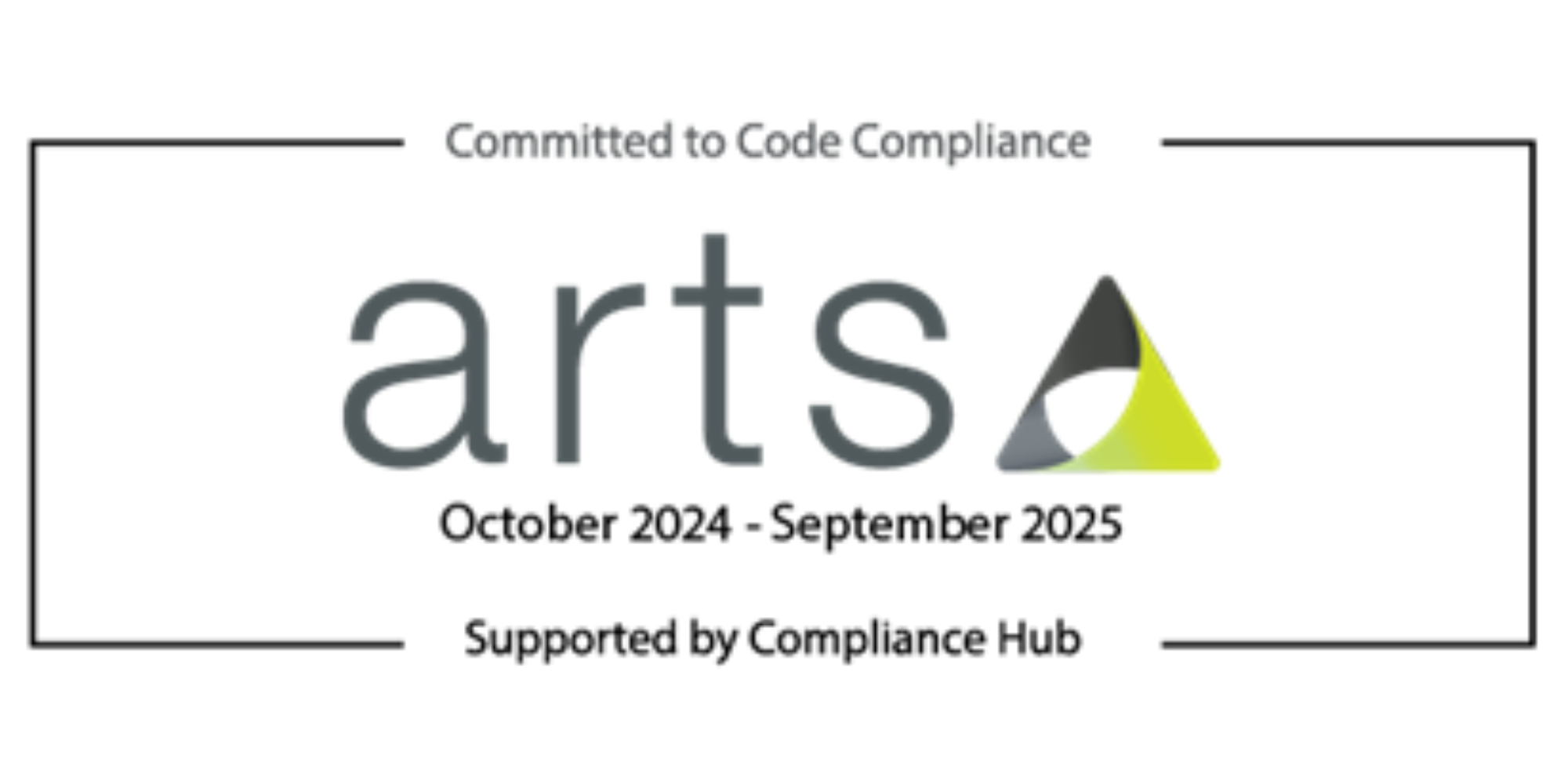Primary Care Networks: One year on
)
Amid the ongoing pressures relating to Covid-19, it feels like an odd time to be celebrating birthdays, but July has represented the first birthday of primary care networks (PCNs). This milestone presents an important opportunity to reflect on PCNs progress so far and so the NHS Confederation's PCN Network has engaged with networks across the country and published a new report - 'PCNs: One year on' ' which identifies some common trends in their first year.
Overall, it is a mixed picture. While some PCNs told us about how they have been delivering tangible benefits for their local populations' health, for others simply getting a PCN up and running effectively has been an achievement.
Early developers
Some PCNs have shown consistent progress in key areas. Many have expanded their use of technology, facilitating increased virtual patient consultations during the COVID-19 pandemic. Through rapid deployment of remote triaging equipment, the proportion of GP consultations carried out face-to-face in England fell from 70% to 23% within weeks of the pandemic.
Others have described strong relationships being developed with partners across local systems. One clinical director, for instance, told us that: 'Our PCN has been working very closely with our community teams and the voluntary sector, with lots of joint working and forging new ways of working. We have been identifying gaps in service and how we can fill these, reducing double working and increasing efficiencies. There is much better communication.'
Likewise, in many PCNs, professionals, including clinical pharmacists and social prescribers recruited through the Additional Roles Reimbursement Scheme (ARRS), have played a key role in helping to ease workload pressures and forging strong links with other stakeholders. An example is Fleetwood PCN in Lancashire, which seconded a mental health pharmacist to work with the medicines management team. This' has already led to reduced secondary care referrals.
Teething problems
Inevitably, however, introducing such a major reform to primary care has not been trouble-free. Some PCNs described strained relationships with local stakeholders, including CCGs, over lack of communication and a perceived micro-management.
Workload pressure has also proved challenging, particularly for PCNs with small teams. This has intensified during Covid, as networks have taken on responsibility for PPE and staff testing. Much of the burden has fallen on clinical directors who have limited management support.
Not running before they can walk
Looking ahead to the next 12 months, PCNs will need support from NHS England and NHS Improvement and the government in three specific areas:
1. Influence and autonomy
PCNs need stronger formal links to local systems. The NHS Long Term Plan commits to integrated care systems (ICSs) having partnership boards that include PCN representatives. As ICSs are rolled out across England, this representation should be reinforced through national policy guidance and, if necessary, legislation.
The voice of clinical directors should be more strongly reflected in national policy making. The clinical director community has a wealth of experience as practitioners and primary care leaders, which policy makers should engage with.
2. One size does not fit all
CCGs should take into account the hugely challenging environment PCNs have been operating in when assessing their progress. Staff are physically and mentally exhausted from working through the pandemic. PCN's delivery of the DES specifications from October, threatens to coincide with a possible second wave of Covid-19 and winter pressures.
PCNs need greater freedom around recruiting additional roles to meet their local populations' needs. The ARRS should therefore be relaxed to allow PCNs to use the funding more flexibly.
3. Promoting integration in all areas
Clinical directors need to be able to access streamlined processes around finance, contracting, regulation and reporting. Forthcoming NHSEI policy and legislative framework must promote alignment of systems in order for the Long Term Plan vision of system integration to be realised.
The PCN Network looks forward to continued engagement with PCNs and supporting NHSEI and the government in delivering these asks. We intend to work collaboratively with both to ensure that the PCN voice is heard and that their role in systems is clear and widely understood over the coming years.
Ruth Rankine, PCN Network Director
To read the full report, Primary Care Networks: One Year On, please visit:
www.nhsconfed.org/resources/2020/07/pcns-one-year-on
The PCN Network is looking for innovative examples showcasing how networks are using the ARRS. If your network has a case study please email PCNnetwork@nhsconfed.org


 London
London


